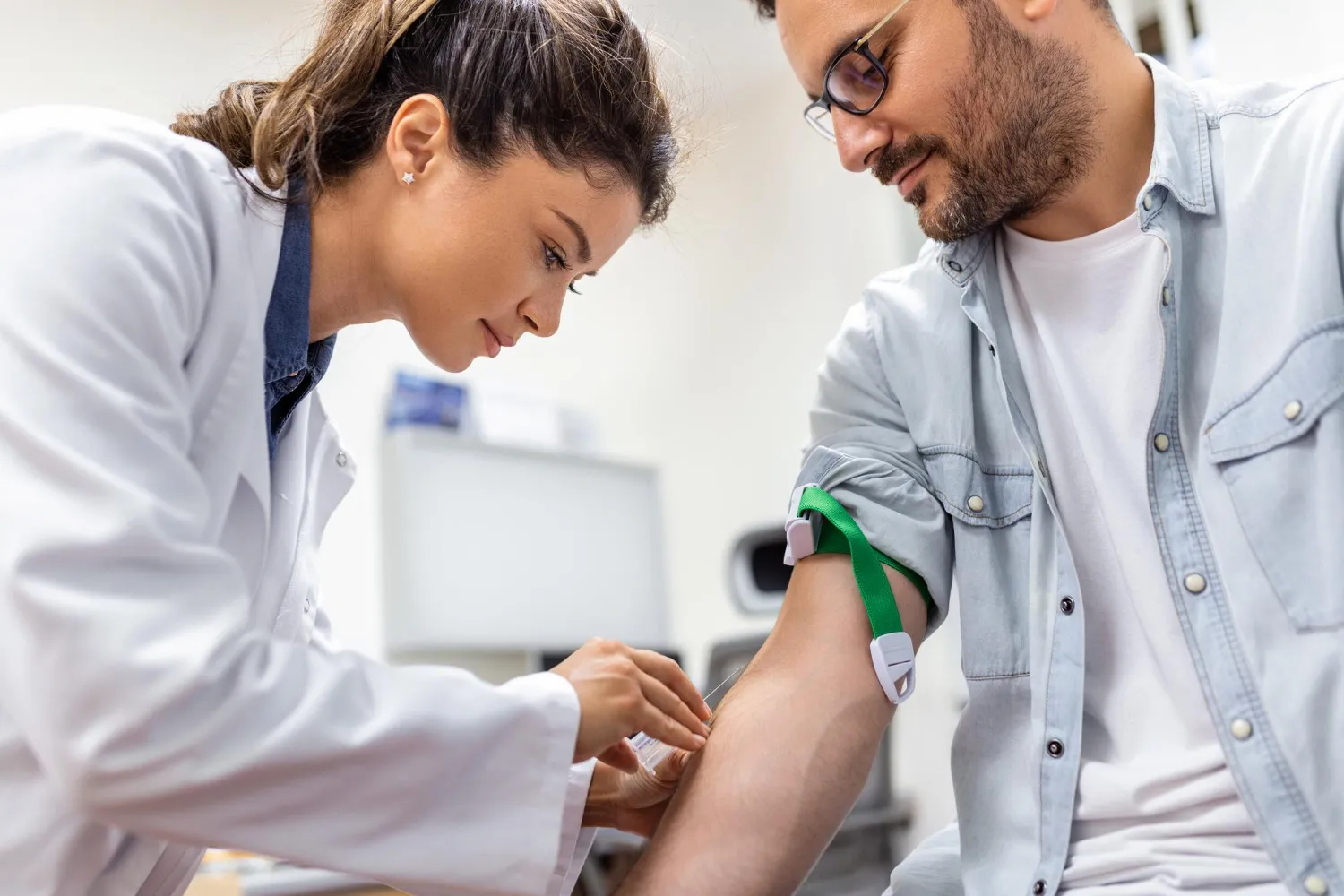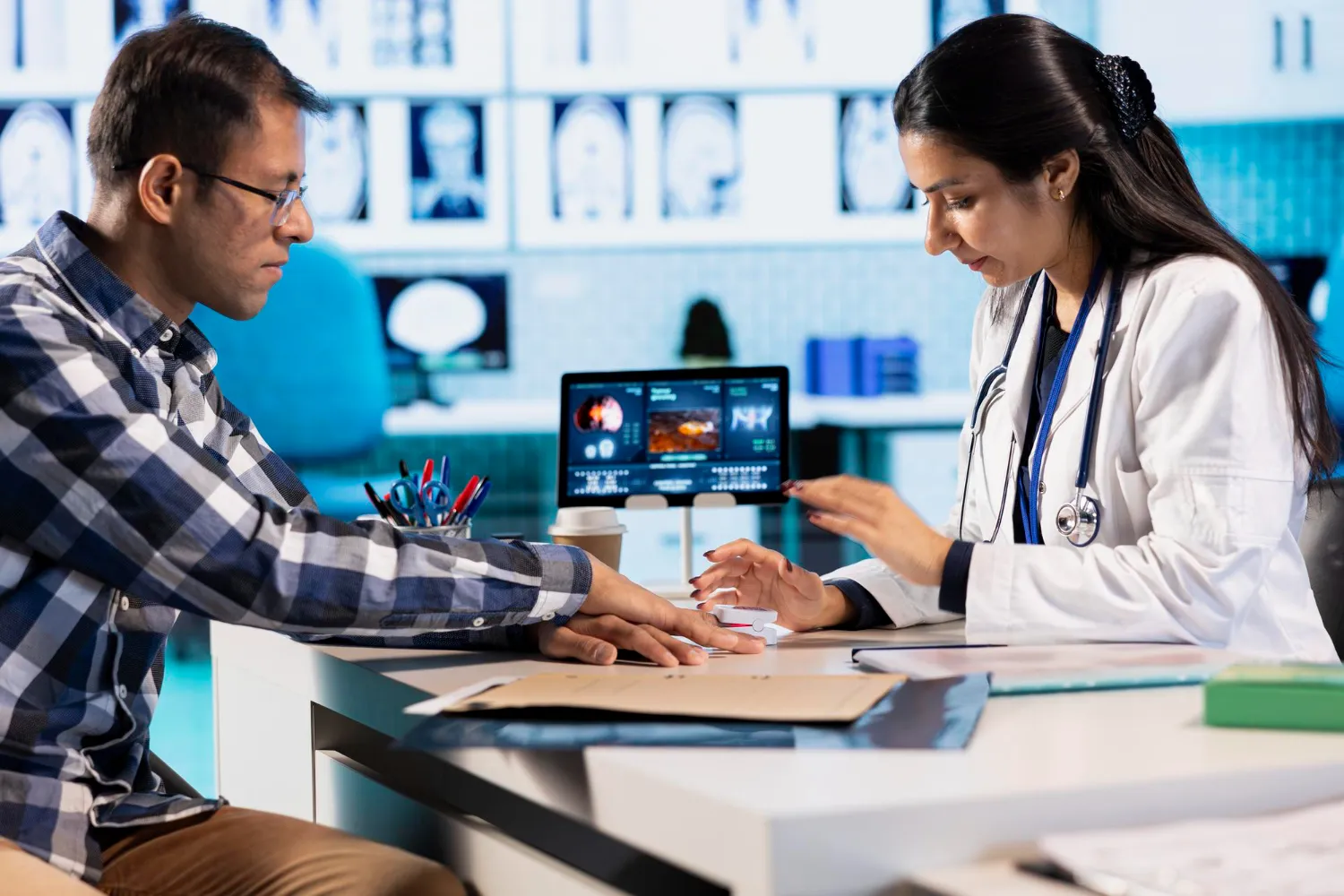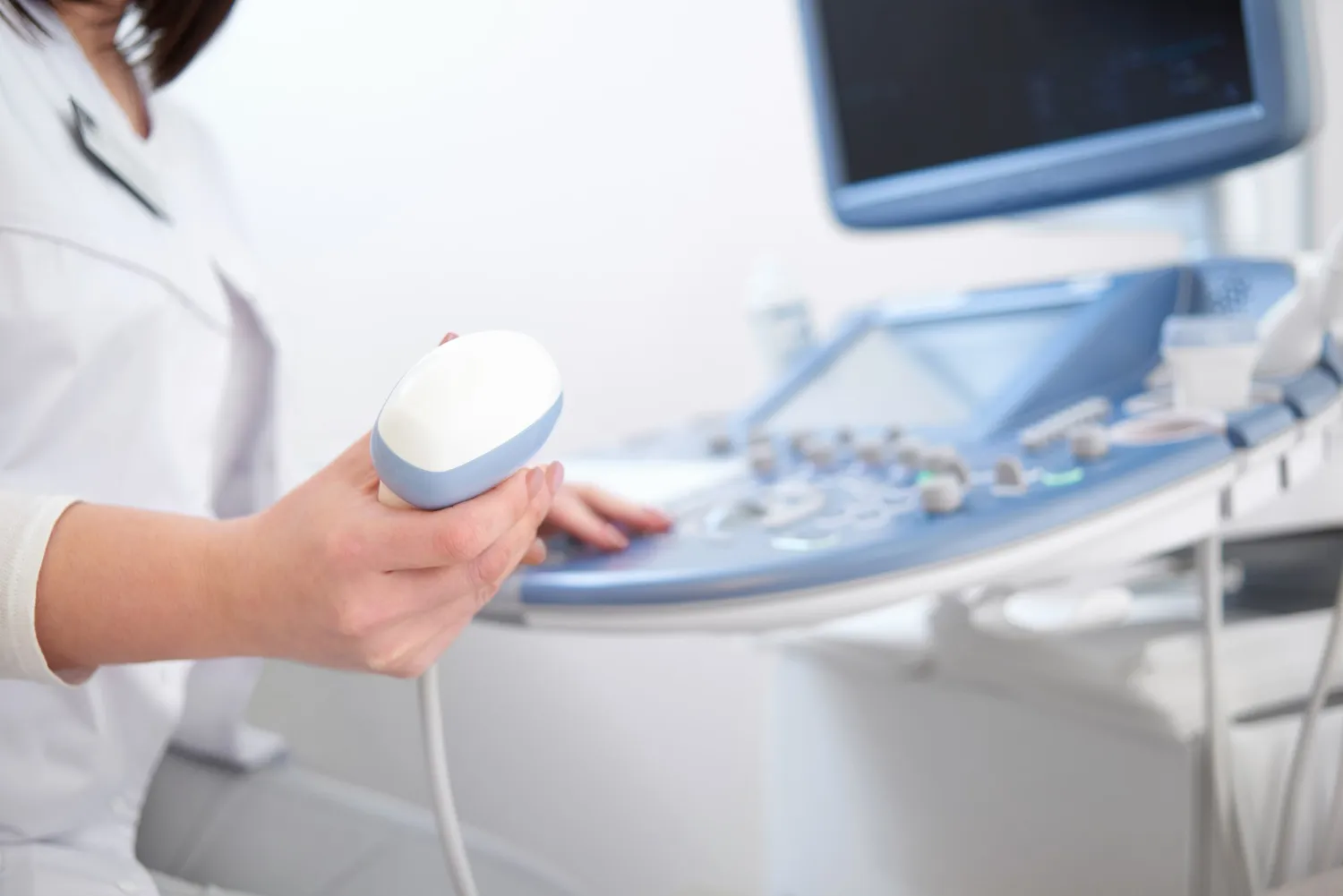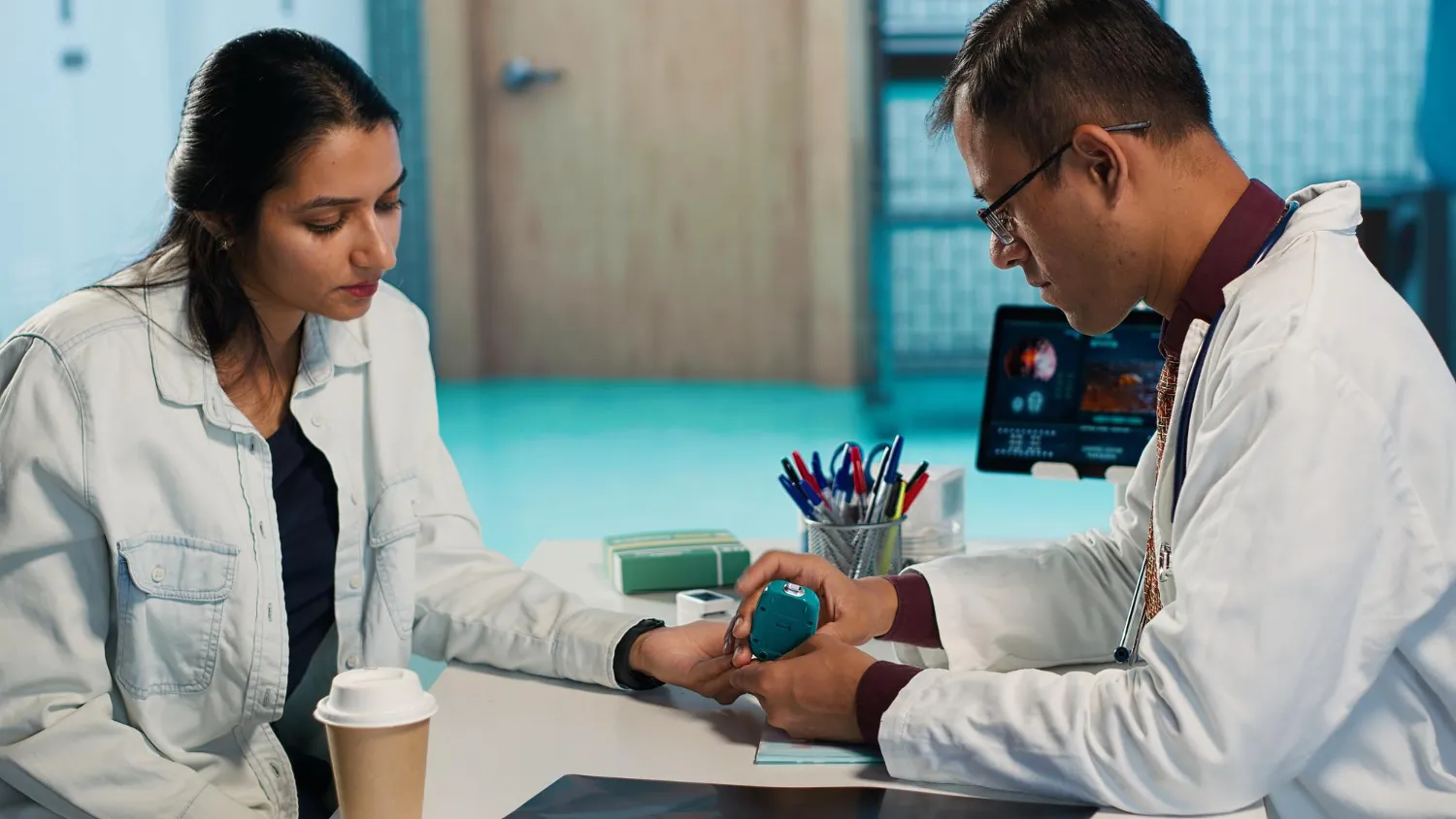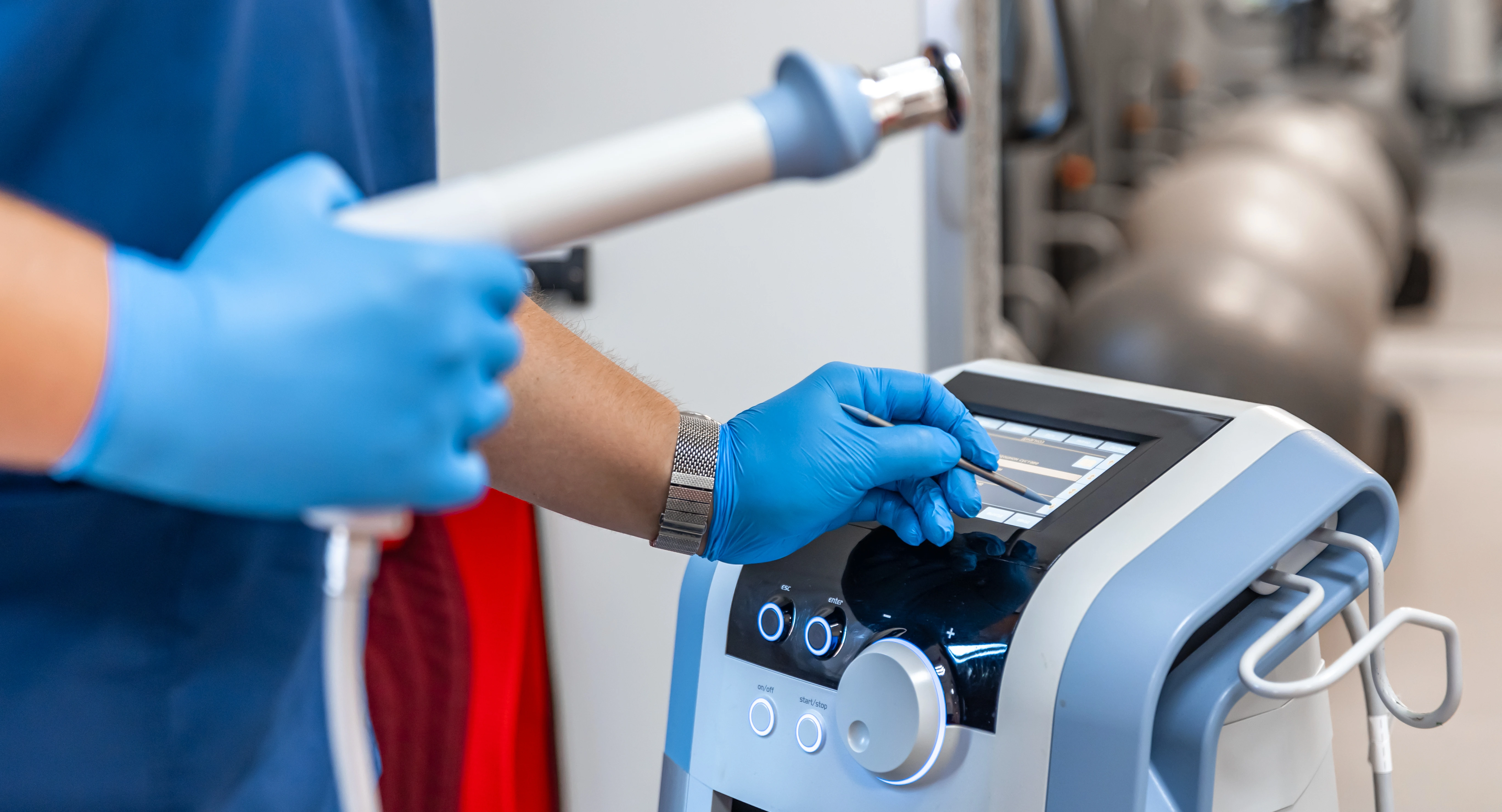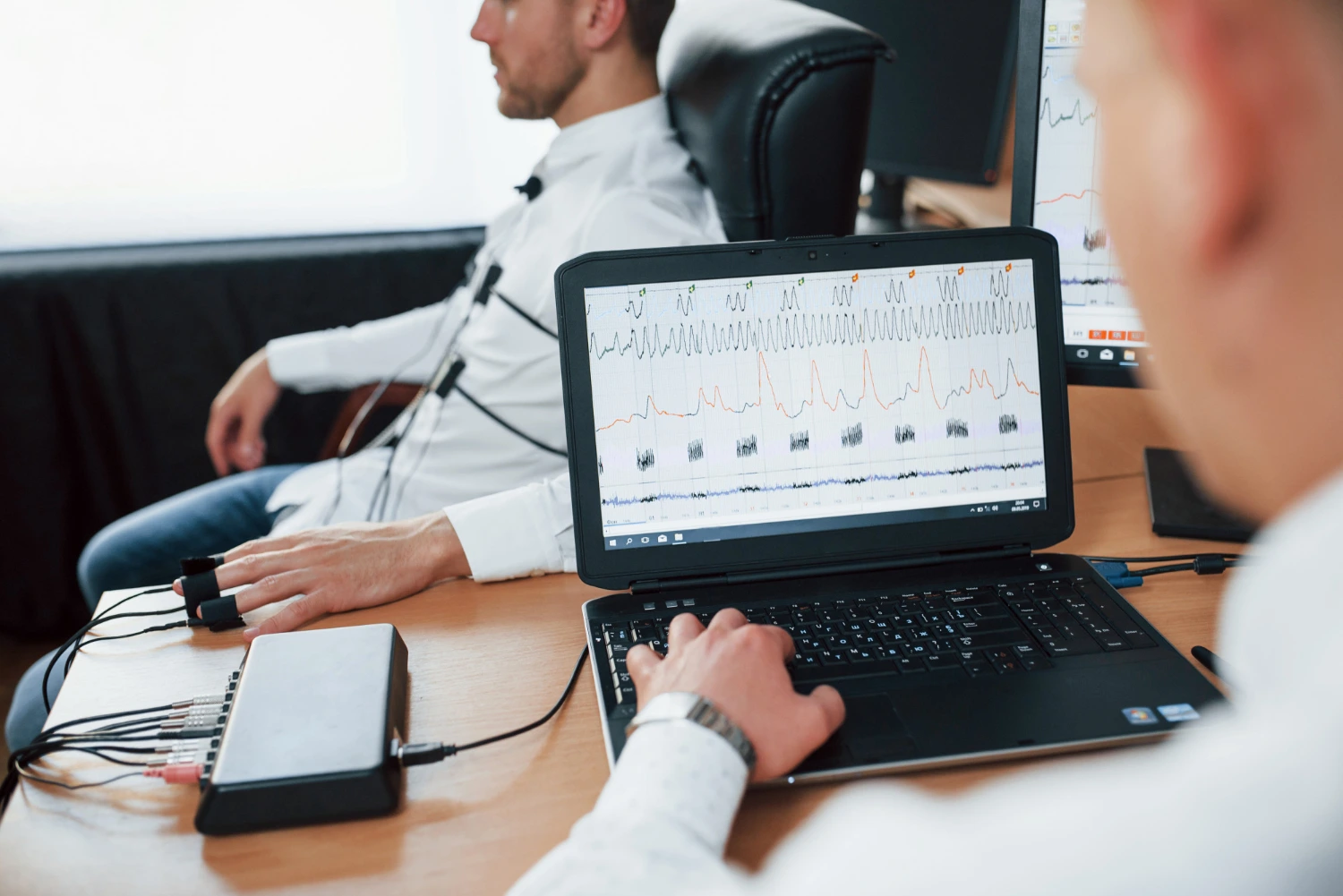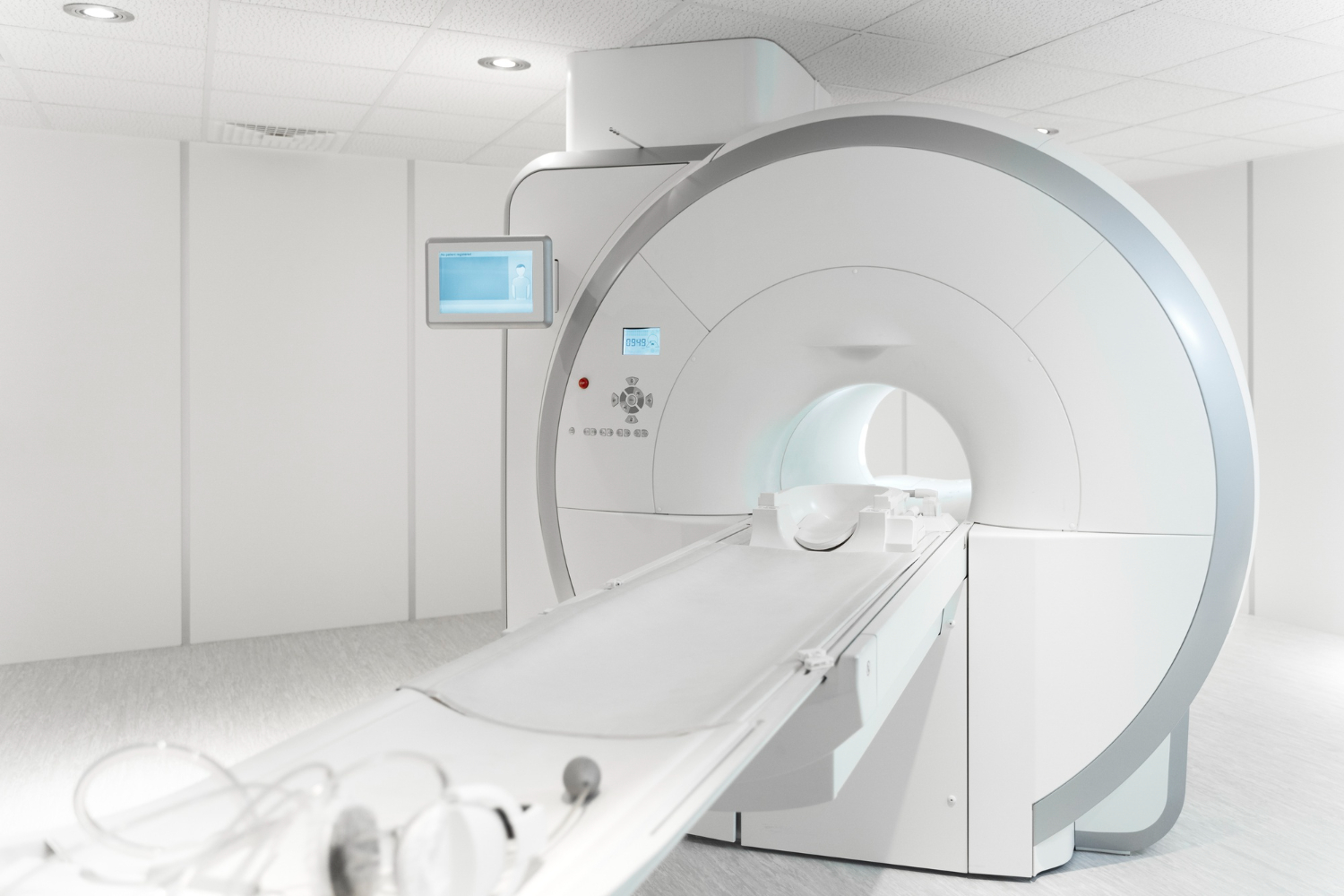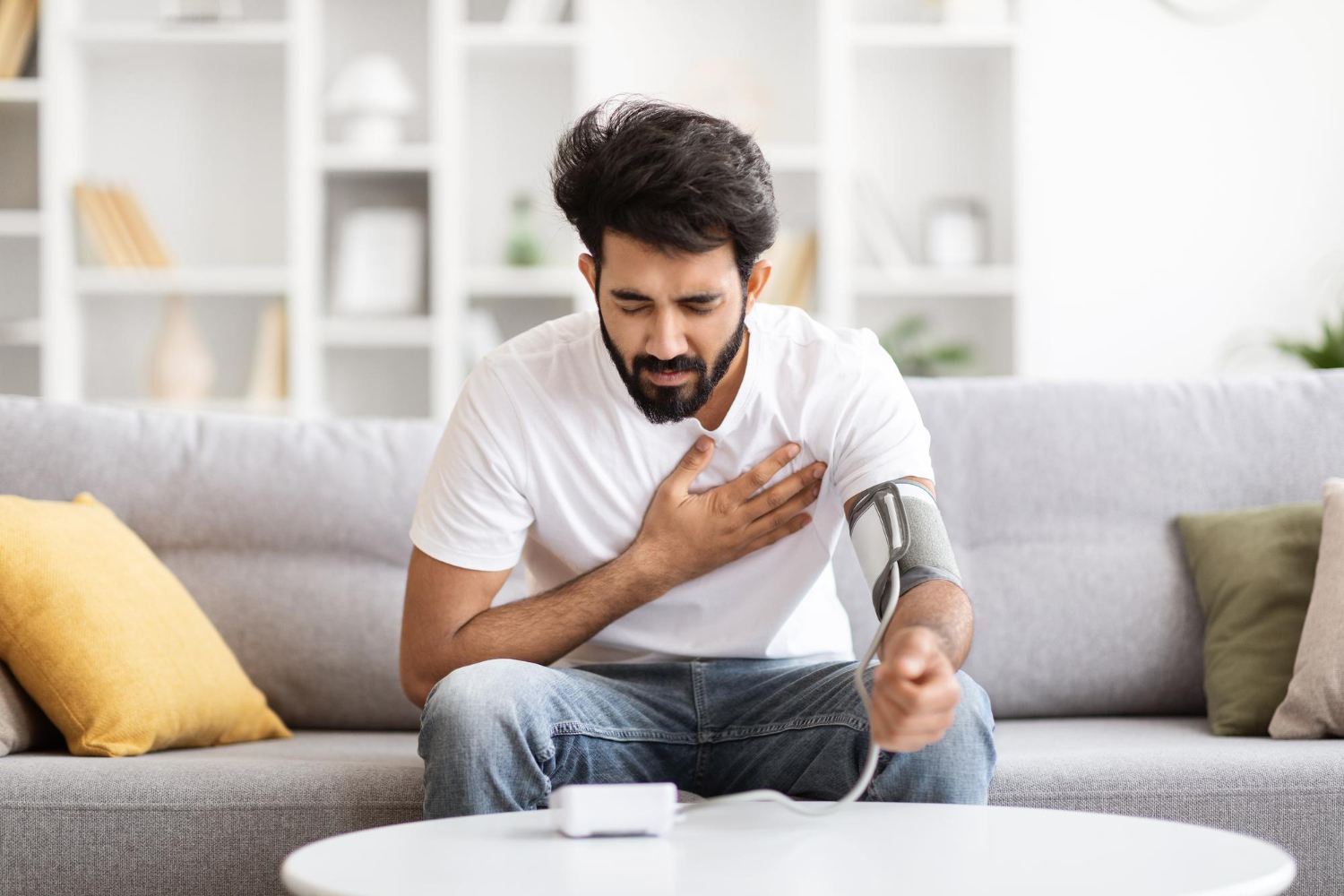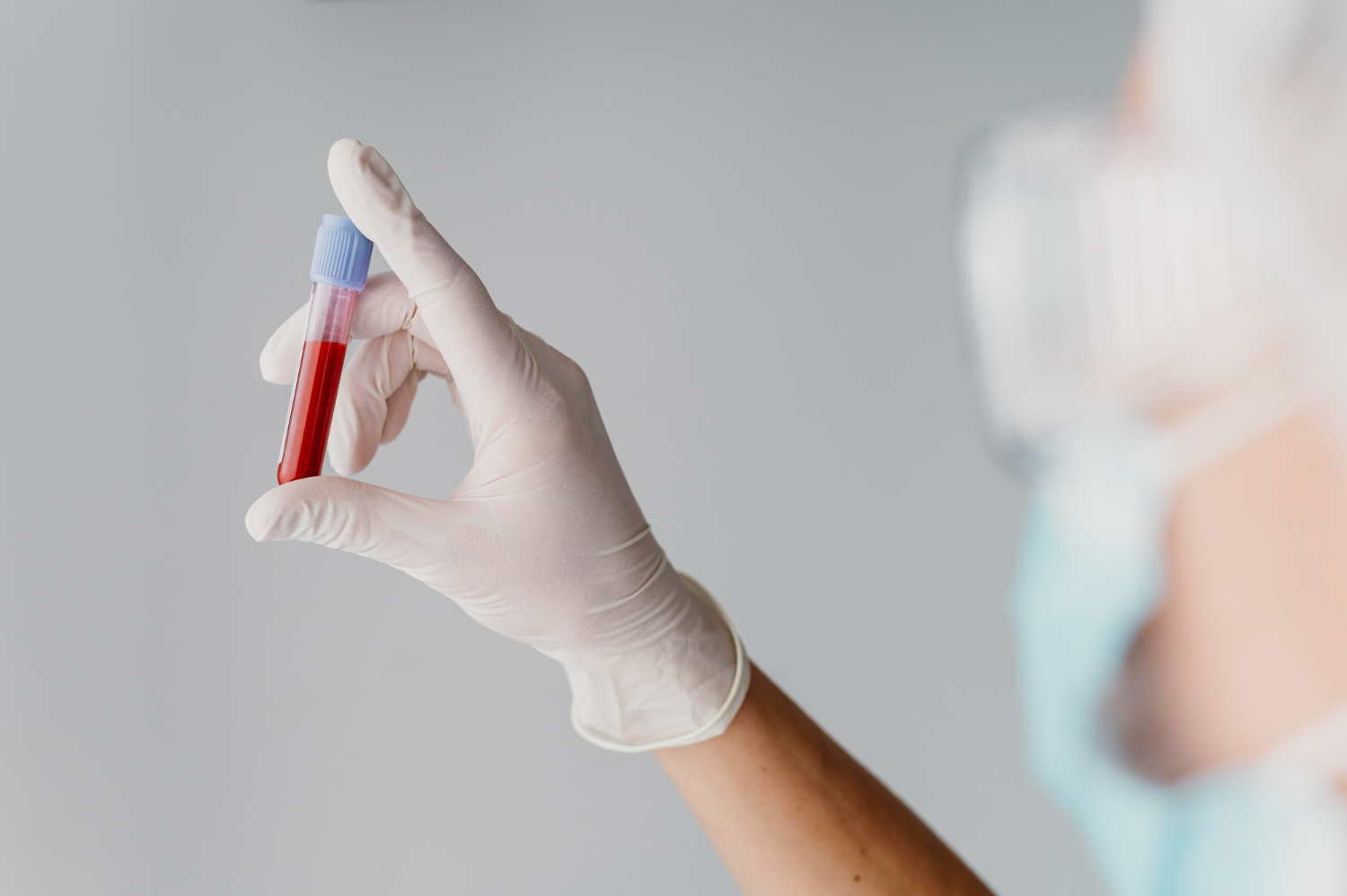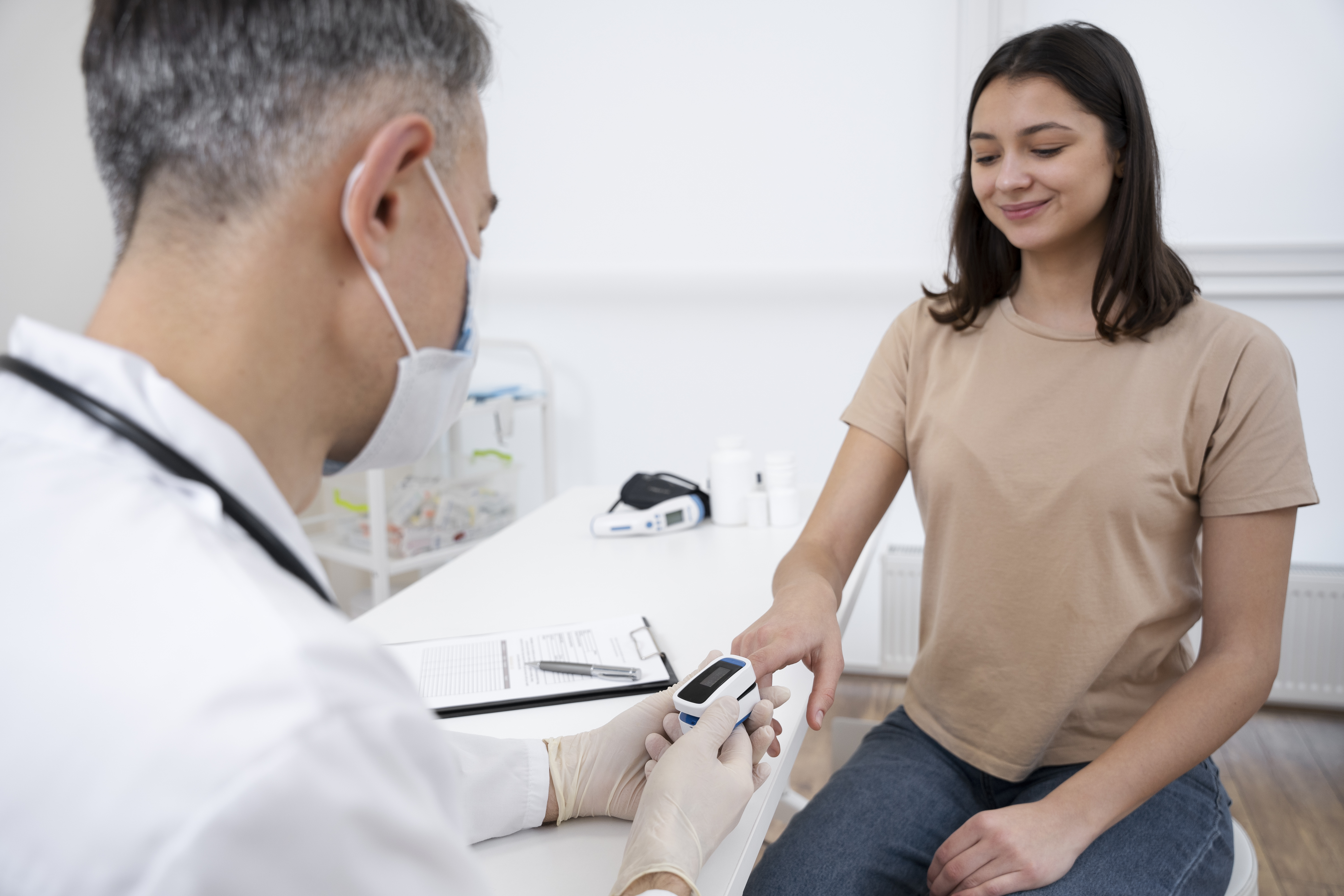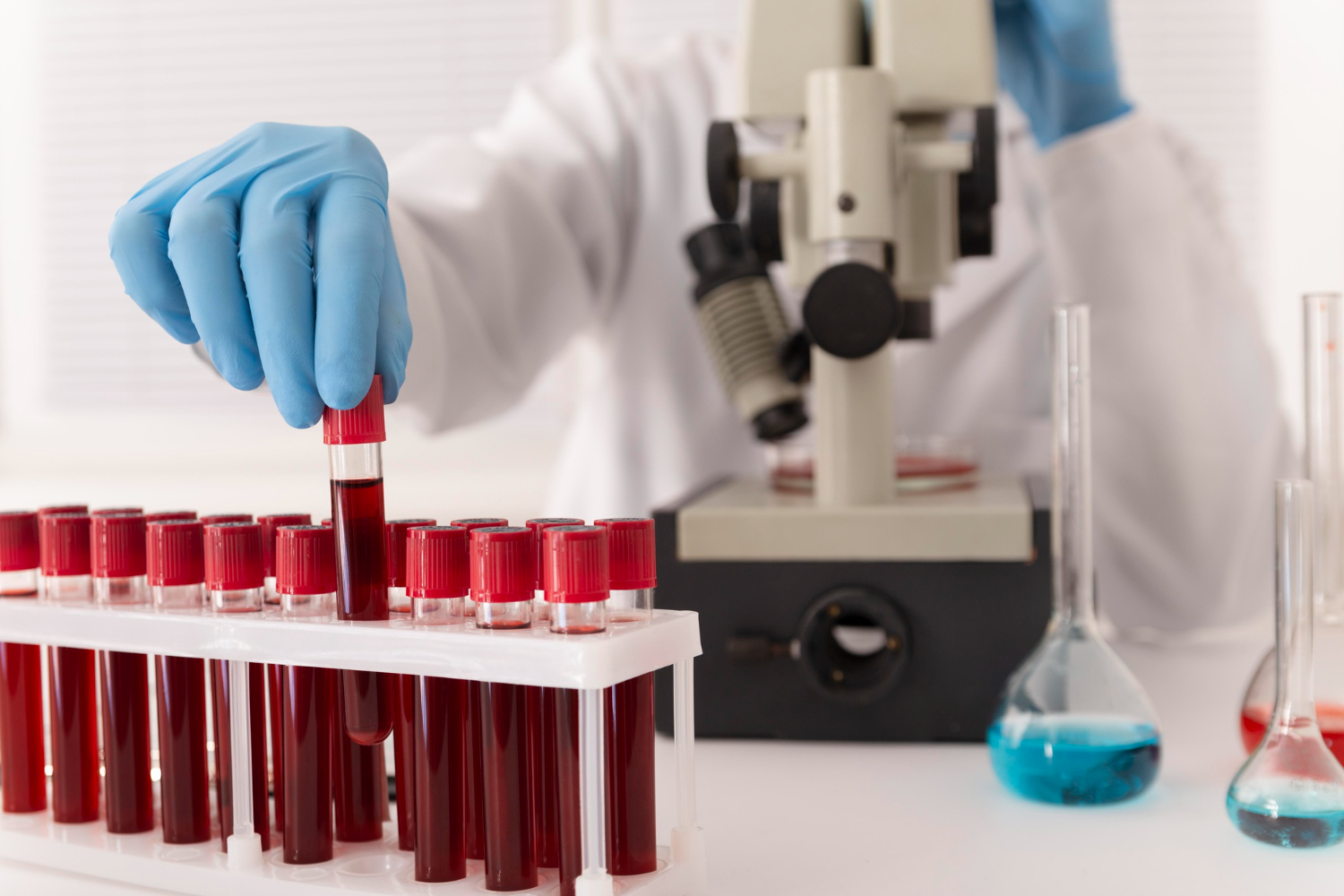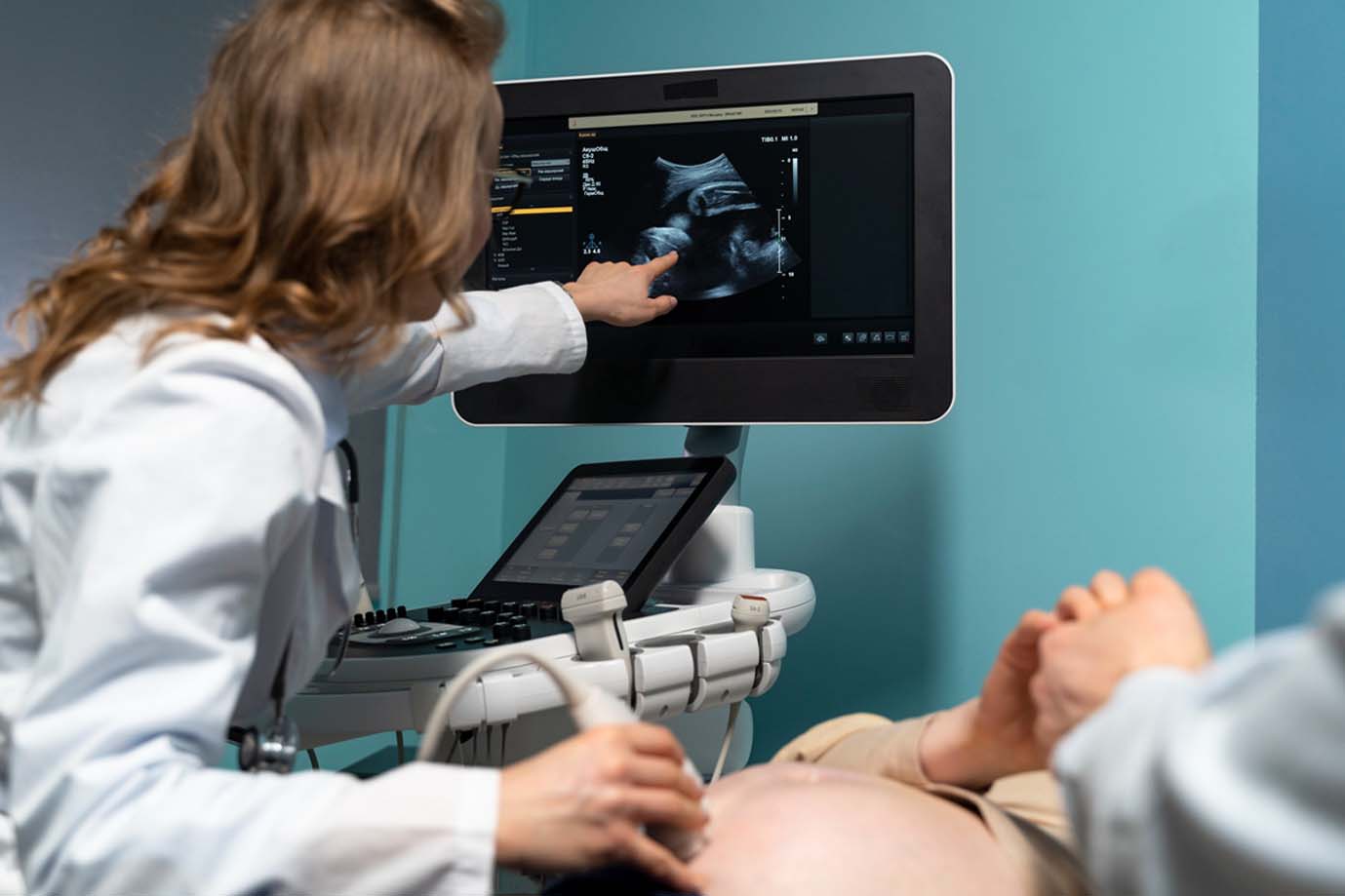MRI, CT Scan, or Ultrasound in JP Nagar — Which Test is Right for You?
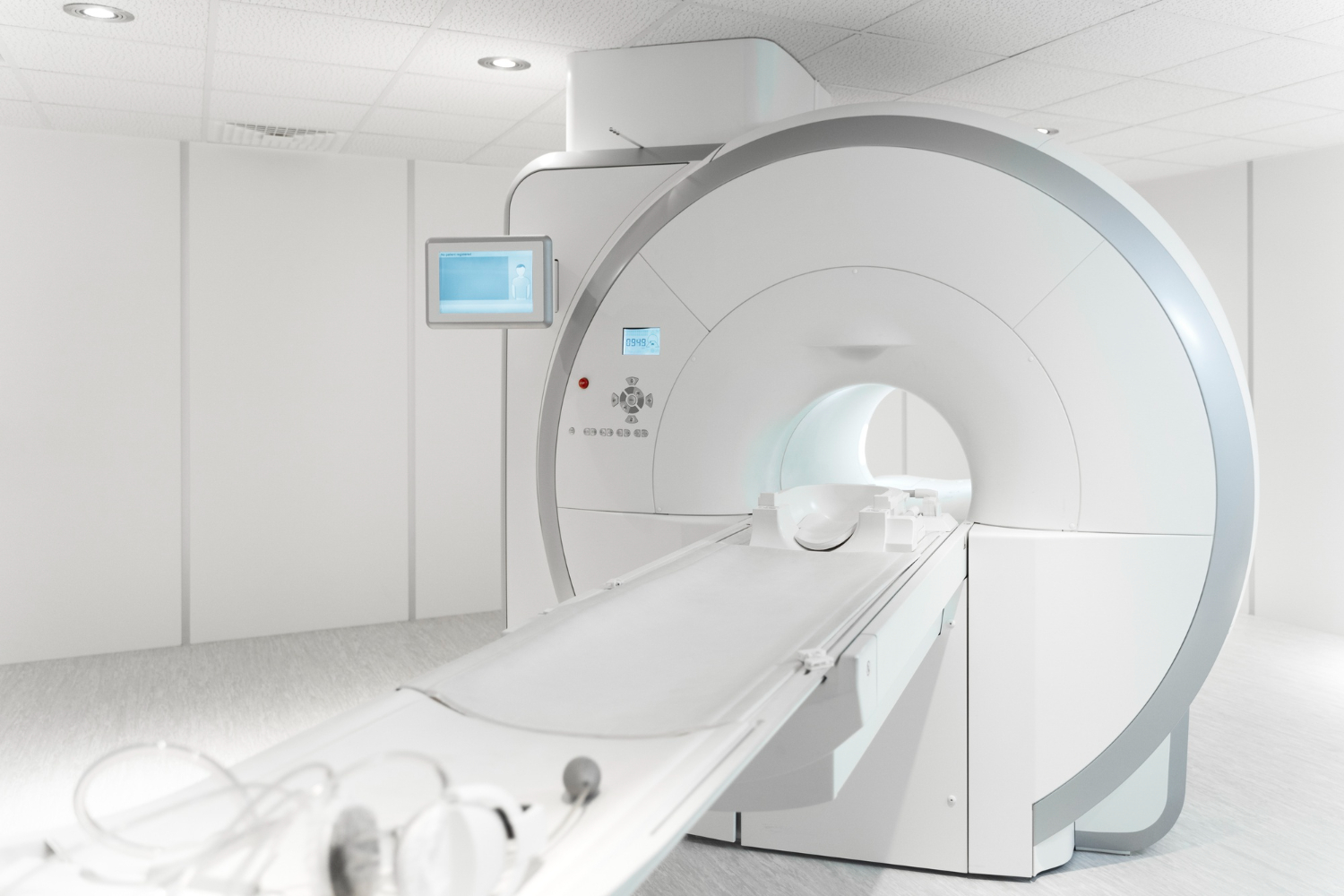
Introduction
Imagine this: you have persistent back pain or sudden abdominal discomfort. Your doctor advises a scan, but you’re left wondering — Do I need an MRI? A CT scan? Or just an ultrasound?
At Truscan Diagnostics, JP Nagar, Bengaluru, we see this confusion every single day. Most patients hear about these tests, but very few know the differences, safety, or purpose of each. Don’t worry — by the end of this article, you’ll know exactly what these scans are, when they’re used, and which one might be right for you.
The Basics: What Are These Scans?
1. Ultrasound (USG)
How it worksUses high-frequency sound waves (no radiation).
Best for:Pregnancy scans, gallstones, kidney stones, liver diseases, abdominal pain, thyroid nodules.
Advantages:Safe, painless, no side effects, affordable.
Limitations:Cannot see through bones or air-filled organs like lungs.
2. CT Scan (Computed Tomography)
How it works:Uses X-rays with computer processing to give detailed cross-sectional images.
Best for:Brain injuries, lung infections, fractures, cancers, internal bleeding, kidney problems.
Advantages:Quick (few minutes), detailed view of bones and internal organs.
Limitations:Uses radiation, so repeated scans are avoided unless necessary.
3.MRI (Magnetic Resonance Imaging)
How it works:Uses strong magnetic fields and radio waves (no radiation).
Best for:Brain, spinal cord, joints, ligaments, soft tissues, tumors.
Advantages: Extremely detailed, especially for brain, nerves, and muscles.
Limitations:Expensive, takes longer (30–60 mins), not suitable for patients with metal implants or pacemakers.
Which Test is Right for You?
Your doctor decides the test based on symptoms, medical history, and suspected condition. Here’s a simple guide:
| Condition | Best Test | Why |
|---|---|---|
| Pregnancy check-up | Ultrasound | Safe, no radiation. |
| Kidney stones / gallstones | Ultrasound or CT | CT gives clearer stone location, USG is first step. |
| Head injury / stroke | CT or MRI | CT for emergencies, MRI for detailed brain mapping. |
| Joint pain / ligament tear | MRI | Best for muscles, ligaments, soft tissues. |
| Chest infection / lung cancer | CT Scan | Detailed view of lungs. |
| Tumor or cancer follow-up | MRI / CT | Both are used depending on location. |
Frequently Asked Questions
Why Choose Truscan Diagnostics in JP Nagar?
All major scans under one roof:MRI, CT, Ultrasound, X-ray.
Advanced machines:Latest digital MRI & CT for sharp results.
Experienced radiologists:who explain results clearly.
Affordable packages :scans at hospital-quality accuracy but diagnostic-centre pricing.
Comfortable experience :minimal wait times, patient-friendly staff.
Tips Before Going for a Scan
Fasting:Some scans (like abdomen CT/USG) may require fasting.
Remove metal items:For MRI, remove jewellery, belts, or watches.
Inform about pregnancy:Always tell the technician if you’re pregnant.
Carry old reports: They help doctors compare and diagnose better.
Conclusion
Scans can sound confusing, but they’re simply different tools for different problems. Ultrasound is quick and safe, CT is fast and detailed, and MRI is precise for soft tissues.
At Truscan Diagnostics, JP Nagar, you don’t have to decide alone. Our doctors and technicians guide you to the right test — no unnecessary scans, no confusion.
Still unsure which scan you need? Call us today and get expert advice before booking your appointment.



